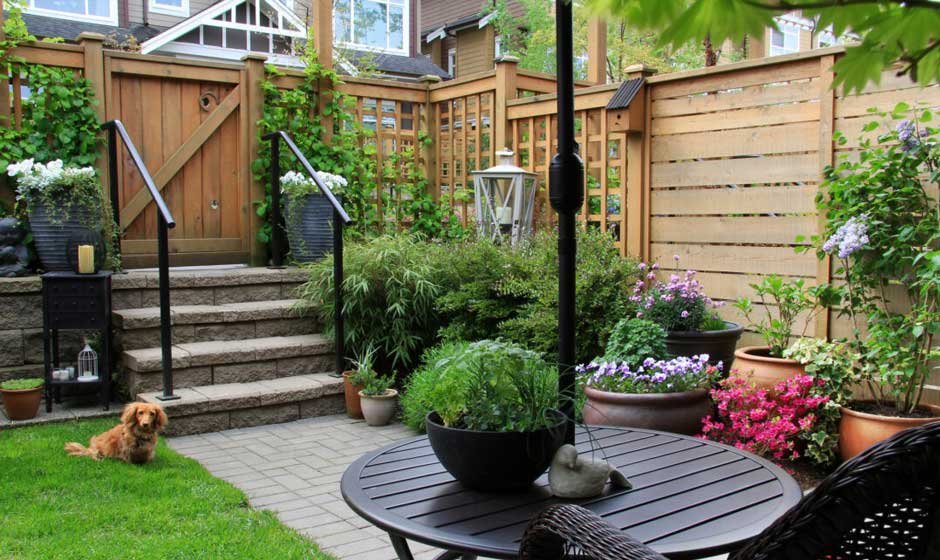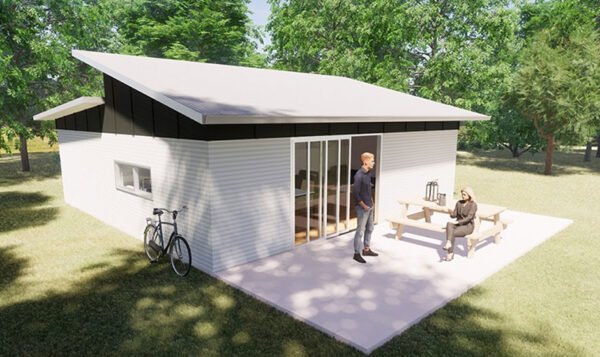The Benefits of Outdoor Spaces: Why Your Lawn Deserves More Attention

A well-maintained lawn is more than just a visual pleasure. It acts as the vibrant heart of a healthy and inviting outdoor space. Whether serving as a peaceful retreat for relaxation, a lively venue for gatherings with friends, or a playful area for children, your lawn offers numerous benefits that extend well beyond its lush appearance. Investing your time and effort into caring for your lawn not only enhances the charm and value of your property but also improves your overall well-being and supports the surrounding environment.
Health Benefits of a Well-Maintained Lawn
Spending time outdoors is linked to better physical and mental health. A lush, green lawn provides a perfect setting for recreational activities such as yoga, picnics, or simple barefoot walks that can reduce stress. Studies show that exposure to green spaces lowers blood pressure, improves mood, and boosts overall mental health. You create a tranquil retreat that promotes relaxation and wellness by prioritizing your lawn’s upkeep.
Another overlooked advantage is improved air quality. Grass acts as a natural filter, trapping dust, pollen, and pollutants that would otherwise circulate in the air. This makes your outdoor environment fresher and healthier, particularly beneficial for individuals with respiratory conditions such as asthma or allergies.
Environmental Benefits of a Thriving Lawn
A well-kept lawn plays a crucial role in the ecosystem. Grass absorbs carbon dioxide and releases oxygen, contributing to cleaner air. Additionally, healthy lawns help regulate temperature by reducing heat absorption—especially in urban areas where concrete and asphalt contribute to the “heat island” effect. A thriving lawn can keep your home and surrounding area cooler, potentially lowering energy costs during hot summer months.
Beyond air quality and temperature regulation, grass is also a natural erosion controller. Its root system stabilizes soil, preventing runoff and minimizing the risk of flooding. When properly maintained, lawns act as effective water filters, reducing pollutants before they enter groundwater sources. Investing in responsible lawn care practices ensures your outdoor space supports a balanced environment.
Enhancing Property Value and Curb Appeal
First impressions matter, and a well-groomed lawn enhances the aesthetic appeal of your property. A lush, vibrant landscape increases curb appeal, making your home more inviting and attractive to visitors or potential buyers. Studies suggest that homes with well-maintained lawns and landscapes have higher property values, sometimes increasing resale prices by as much as 15%.
A beautiful lawn also sets the stage for enjoyable outdoor experiences. Whether hosting barbecues, birthday parties, or casual get-togethers, a well-kept yard provides an inviting space for social interactions. The versatility of a lush lawn allows homeowners to personalize their outdoor settings with seating areas, fire pits, or gardens that further enhance functionality and beauty.
The Role of Proper Lawn Maintenance
Maintaining a healthy lawn requires a combination of proper mowing, watering, fertilization, and aeration. Regular mowing not only keeps grass at an optimal height but also encourages healthier growth. Using zero turn mowers can make this process more efficient, providing precision and speed while reducing physical effort.
Watering plays a crucial role in sustaining lawn health, but it’s important to strike a balance. Overwatering can lead to shallow root growth and fungal issues, while underwatering results in dry, brittle grass. A deep, infrequent watering schedule encourages stronger root development, making your lawn more resilient during dry spells.
Fertilization provides essential nutrients that keep grass strong and vibrant. Organic options, such as compost or slow-release fertilizers, are excellent choices for sustaining soil health without the risk of chemical runoff. Aeration, which involves perforating the soil to improve airflow and nutrient absorption, further enhances lawn vitality, particularly in high-traffic areas.
Sustainable Lawn Care Practices
Eco-friendly lawn care is becoming increasingly important as homeowners seek sustainable landscaping solutions. Simple changes such as leaving grass clippings on the lawn after mowing can naturally return nutrients to the soil, reducing the need for synthetic fertilizers. Opting for native grasses and drought-resistant plants minimizes water usage while maintaining a lush appearance.
Reducing chemical pesticide use also benefits both the environment and personal health. Natural pest control methods, like introducing beneficial insects or using organic treatments, help maintain lawn health without harmful side effects. By adopting sustainable practices, homeowners can enjoy a beautiful outdoor space while minimizing their ecological footprint.
Making the Most of Your Outdoor Space
A well-maintained lawn provides endless opportunities for outdoor enjoyment. Whether it’s a morning cup of coffee on the patio, a backyard campout with family, or an afternoon of sports with friends, a healthy lawn serves as the foundation for countless activities.
Maintaining a soft and even lawn surface ensures a safer play environment for those with children or pets. Grass provides natural cushioning that reduces impact during falls, making it a preferable alternative to hard surfaces like concrete or gravel. Adding features such as garden pathways, shaded seating areas, or outdoor lighting can further enhance the usability of your space.
Conclusion
Giving your lawn the attention it deserves yields numerous benefits, from improved health and environmental impact to increased property value and aesthetic appeal. Whether through better maintenance practices, sustainable lawn care techniques, or thoughtful landscaping, investing in your outdoor space enhances both quality of life and home enjoyment. A lush, green lawn isn’t just a patch of grass—it’s a gateway to relaxation, recreation, and lasting memories.



